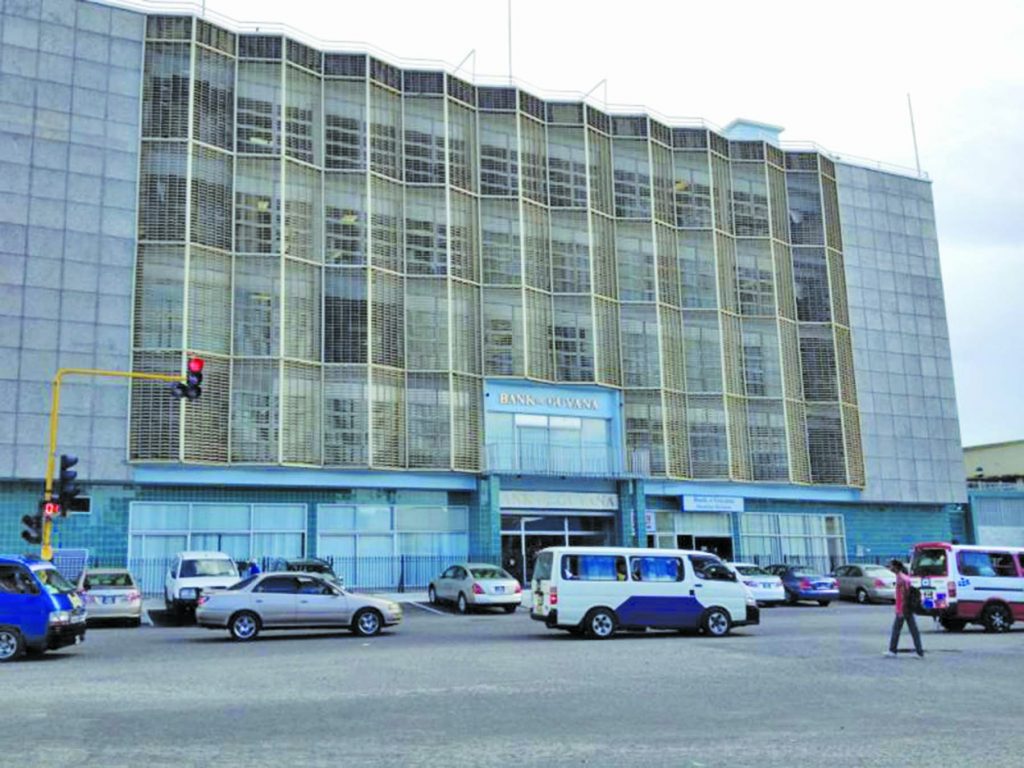
The World Bank’s Chief Economist for the Latin America and the Caribbean (LAC) Region, William Maloney believes that with Guyana’s Gross Domestic Product (GDP) expected to grow by 57.8% this year and 25.2% next year, the Bank of Guyana would need to put measures in place to bring down inflation.
Mr Maloney said the “astronomical” increases, which are as a result of the country’s developing Oil and Gas Sector, are likely to pose a challenge in the form of rising inflation, but that could be contained with interventions by the Central Bank.
“Those are extraordinary growth rates reflecting the development of this new sector in Guyana, and any government would have a challenge in managing those resource flows to be sure that you didn’t send off inflation within the country, and the Central Bank needs to take measures to control that,” the Economist told News Source.
At the time, he was speaking during a virtual press conference on the World Bank’s Latin America and the Caribbean Economic Review, which was made public today under the theme ‘New Approaches to Closing the Fiscal Gap.”
The Economist said inflation is the new and unwelcomed entrant in the policy space.
He said while comparable to advanced country levels and well managed by regional monetary authorities, inflation, nonetheless is being propelled by forces that may give it more staying power than originally hoped.
The Ministry of Finance in its Mid-Year Report, said by the end of 2022, the country’s inflation rate would be 5.8%. The increase is underpinned by high food and energy prices, with energy prices increasing by 8.1 percent.
To cushion to the impact, local leaders have lobbied Government to effect cash transfers, with emphasis on the poor and working class.
“In general, the [World] Bank has supported transfers to households to offset the rising fuel and food costs,” the Economist said, but noted that blanket subsidies must be strategically disbursed.
The Government has issued a number of grants since 2020, ranging from the ‘Because We Care Cash’ grant targeting school aged children to the $100,000 cash grant for children living with disabilities and the one-off COVID-19 cash grant valued $25,000.
Additionally, grants have also been issued to farmers, persons hard hit by flood, sugar workers and persons within the Fishing Industry. However, the Opposition has called for a more equitable distribution of the grants.

Delving into the Report, the Economist said as the COVID-19 crisis recedes, economies within Latin America and the Caribbean have largely recovered to pre-pandemic levels, however, many countries are facing medium term growth rates that are relatively weak.
The region’s economy is expected to grow by 3% at the end of 2022 – “a substantial increase” that is partly due to the rise in commodity prices.
“The region’s forecasted growth rates have been consistently upgraded since January—in contrast to the downgrades of the rest of the world. LAC is thus closing the gap with global estimates pulled down by the war in Ukraine. Though net importers of food and fuel, such as the Caribbean and Central American countries, have been severely affected, and rising prices of these goods have stressed households across the region, the overall rise in commodity prices has been a boon to regional exporters such as Argentina, Brazil, Chile, Colombia, Ecuador, and Peru,” a section of the report read.
The Economist said the growth rate suggests that countries within Latin America and the Caribbean have a structural problem in achieving higher growth rates.
The Region, he said, must now focus on long-term reforms that would contribute to higher growth rates.
“These growth rates are low and inadequate to really make a dent in poverty or prosperity. They are also roughly the same as the decade before the pandemic. They hence suggest—if not a growth trap—at least continuing mediocre performance. This in turn indicates a need to address long-standing challenges in infrastructure, education, and technological and managerial innovation,” another section read.
According to the Report, monetary poverty has largely receded, but the longer-term scars of the pandemic in terms of education and health have planted deep seeds of future inequality. It said structural reforms are therefore needed to reach higher levels of growth and simultaneously reduce poverty.
It said despite many challenges, the region appears reasonably resilient.











You must be logged in to post a comment Login